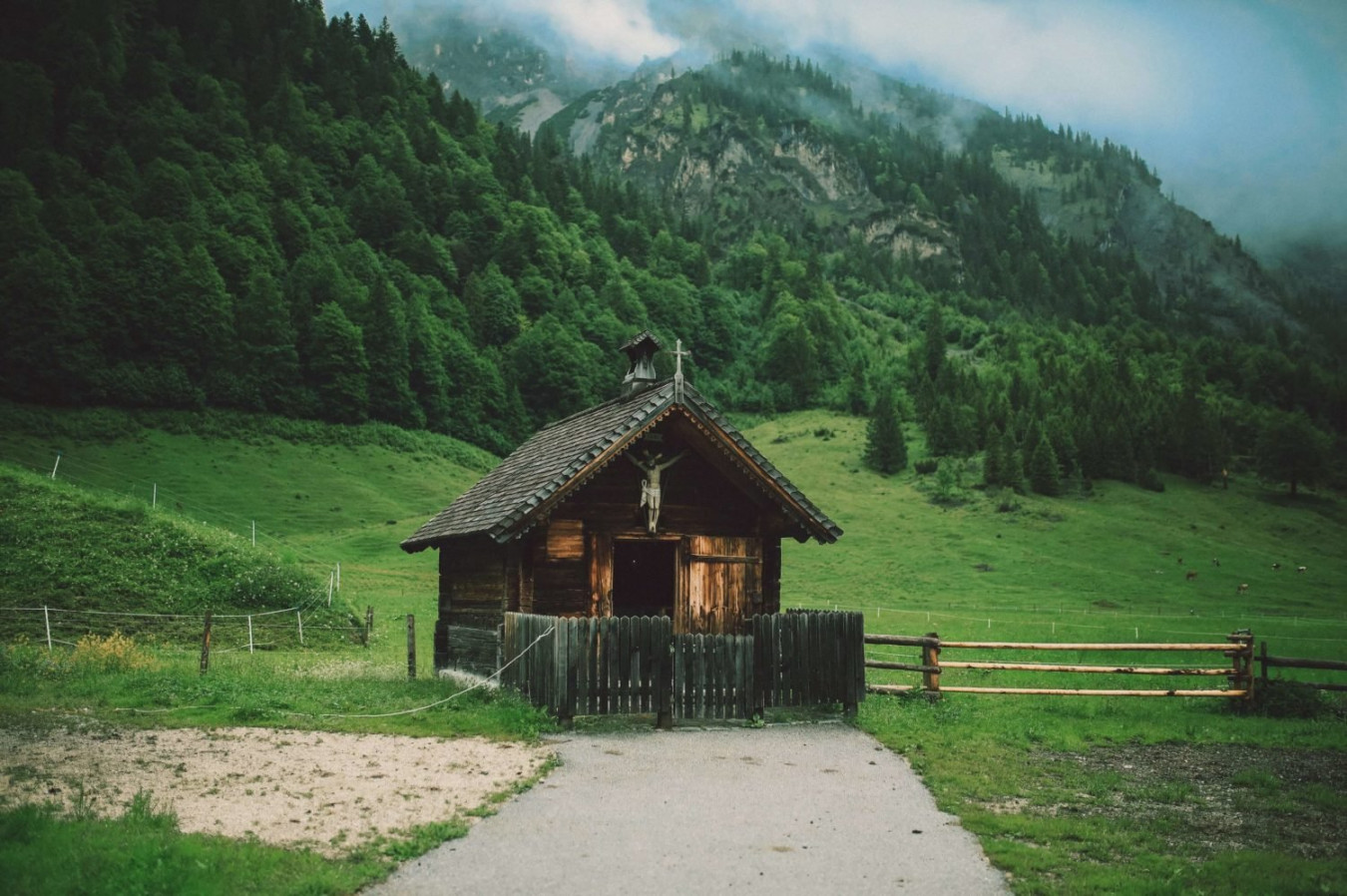Living off the grid is a dream for many. Escaping the hustle and bustle of city life, becoming self-sufficient, and connecting with nature are just a few reasons why people choose this lifestyle. But where in the United States is best suited for off-grid living? Let’s dive in.
Factors to Consider for Off-Grid Living
Before we explore specific locations, it’s crucial to understand the key factors that make a place ideal for off-grid living.
Climate: Consider the average temperature, rainfall, and sunlight. These factors will influence your energy sources (solar, wind, etc.) and water collection.

Top Off-Grid Destinations in the US
With these factors in mind, let’s explore some of the best places to live off the grid in the United States.
# The Mountain West: A Rugged Paradise
States like Colorado, Wyoming, and Montana offer stunning mountain scenery, abundant natural resources, and plenty of land.
Colorado: Known for its outdoor activities, Colorado boasts diverse landscapes, from the Rocky Mountains to the plains. Solar energy is plentiful, and many areas have lenient building codes.
# The Pacific Northwest: Nature’s Bounty
Washington, Oregon, and Idaho offer lush forests, abundant water resources, and mild climates.
Washington: The state’s diverse topography provides options for various off-grid lifestyles. The Pacific Northwest’s abundant rainfall can be harnessed for water collection.
# The Southern States: Warm Weather and Affordable Land
States like Texas, Alabama, and Georgia offer affordable land, mild climates, and ample sunlight.
Texas: The Lone Star State boasts a diverse landscape, from mountains to plains. Its abundant sunshine makes solar energy a popular choice.
The Alaskan Frontier: Ultimate Self-Sufficiency
For those seeking the ultimate off-grid experience, Alaska offers unparalleled wilderness and opportunities for self-reliance. However, it’s essential to be prepared for extreme weather conditions and remote living.
Building Your Off-Grid Home
Once you’ve chosen your location, the next step is designing and building your off-grid home. Consider factors such as insulation, energy efficiency, and water collection. Sustainable materials like timber and stone can create a harmonious living space.
Essential Off-Grid Systems
To thrive off the grid, you’ll need to establish essential systems:
Energy: Solar and wind power are common choices, but consider other options like hydroelectric or biomass.
Conclusion
Living off the grid is a rewarding but challenging journey. Careful planning, research, and a strong commitment to self-sufficiency are essential. By considering factors like climate, land availability, and legal regulations, you can find the perfect location to embark on your off-grid adventure. Remember, while technology can support your off-grid lifestyle, it’s essential to prioritize sustainability and resilience.
Frequently Asked Questions
1. Is off-grid living legal everywhere in the US?
Off-grid living laws vary by state and county. It’s crucial to research local regulations before purchasing land or building a home.
2. How much land do I need for off-grid living?
The amount of land required depends on your lifestyle and self-sufficiency goals. A minimum of one to two acres is often recommended.
3. What are the initial costs of going off the grid?
The initial costs can vary significantly depending on the location, size of your home, and desired level of self-sufficiency. Expect investments in solar panels, water systems, and other infrastructure.
4. Can I still have internet access while living off the grid?
Yes, satellite internet or cellular hotspots can provide internet access in remote areas. However, be prepared for slower speeds and higher costs compared to traditional internet services.
5. What are the challenges of off-grid living?
Off-grid living presents challenges such as weather dependence, limited resources, and isolation. However, with careful planning and preparation, these challenges can be overcome.